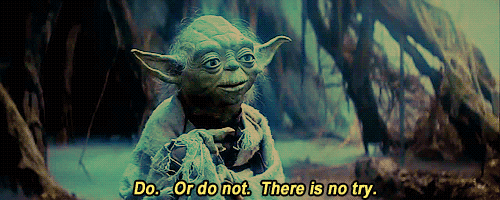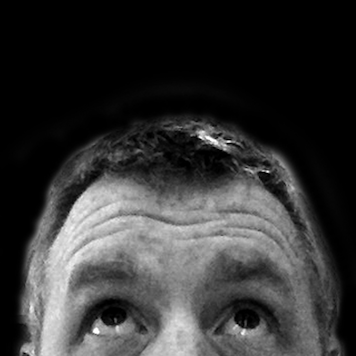Do...journalism
Anyone who has even a passing interest in Journalism will know the 5W's - the five questions you can ask to get the information or the answers you need to tell a story. But is there a more fundamental question worth asking?

Earlier in this week I happened to catch the first episode of a podcast, The Great Post Office Trial. It's the shocking (and its really shocking!) story a miscarriage of justice about managers of over 700 local postmasters wrongly being accused of theft because of a dodgy computer system.
At the start of the first episode, the journalist Nick Wallis, explains that we was working in a local BBC radio station and got a tweet from a local cab firm asking to bid for the station's cab account:
"We didn’t have a cab account. So I responded, a little flippantly, if any of the firms drivers had any good stories to tell. I got an instant and intriguing reply containing a phone number. It turned out the taxi firm was owned by a man named Davinder Misra. In answer to my flippant question,'Yes, he did have a story'. Davinder told me his pregnant wife Seema had been sent to prison for a crime she didn't commit. "
It struck me listening to this just how much of the story relies on what is essentially one question; "Do you have any stories?"
The 1D question is something we ask all the time in journalism. "Do you want to add anything?" in an interview; "Do you have any more video/pictures?" and the related but frustrating "Do you mind if we use the images for our site?" feeding frenzy around user generated content. But we often take it as read.
1D before 5w's
In journalism education, the 5W's are always to the fore. When it comes to building up the muscles of basic reporting, they are often key to developing the editorial focus students need to be able to write tightly to a deadline. But the 1D comes way before this - you can't write what you don't have! And it highlights one of the areas that student journalists find really difficult - finding a story.
We could argue there is a touch of luck in Nick's story - right place at the right time. We might say that, well, he was already working as a journalist at the BBC - people are going to tell him a story by default. But the truth is that it was asking the 'Do' question. That's it. No privilege, no special tools. It wasn't even about being in the room with. a person - it was a tweet.
Obviously there's a lot of (great and determined) journalism been done between then and now - the news today is that 39 former postmasters have had their convictions quashed. Lots of opportunities to try the the 5W's. But the start was a simple question and one that anyone can ask.
Good journalism starts with "Do...?"
